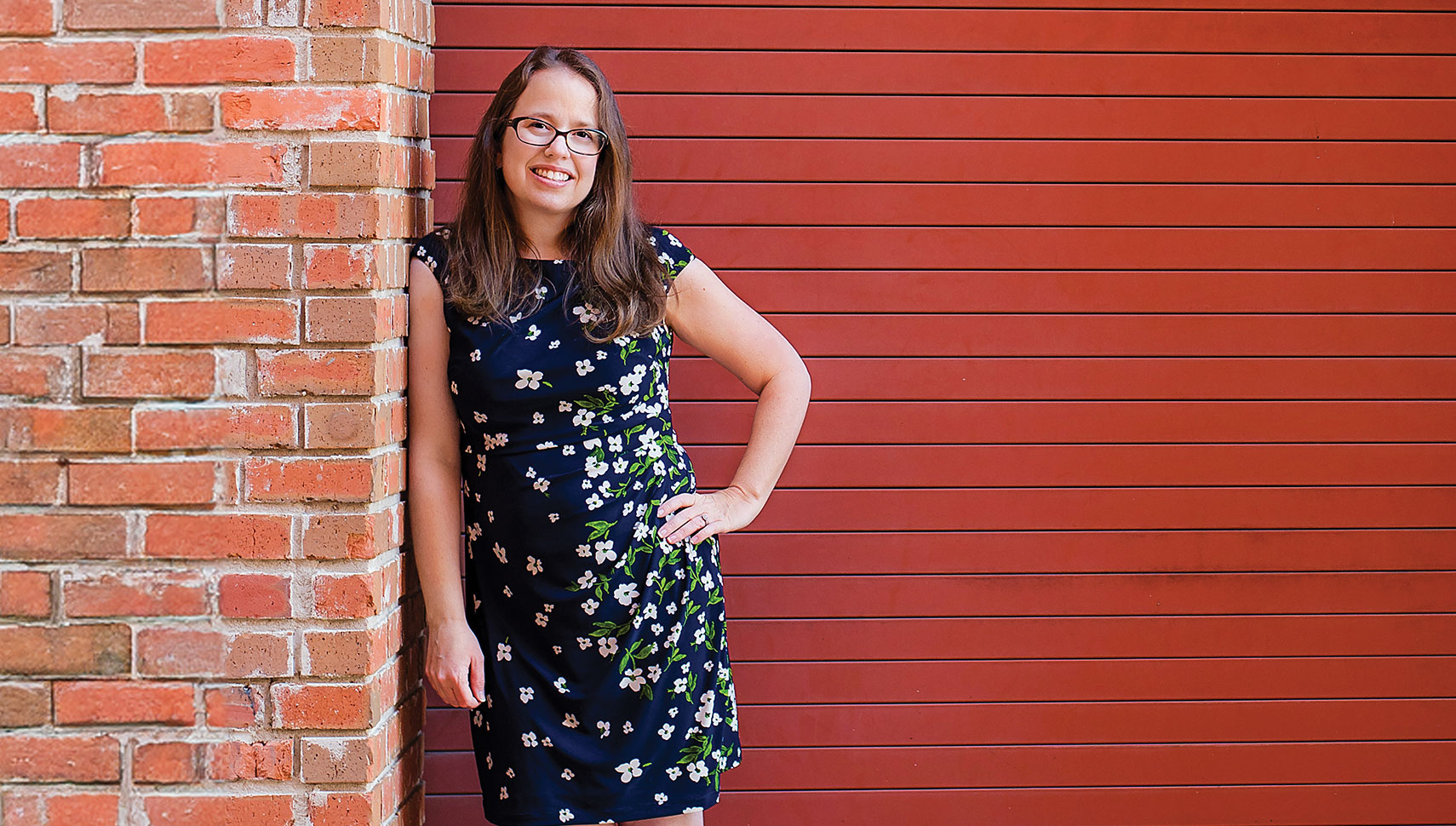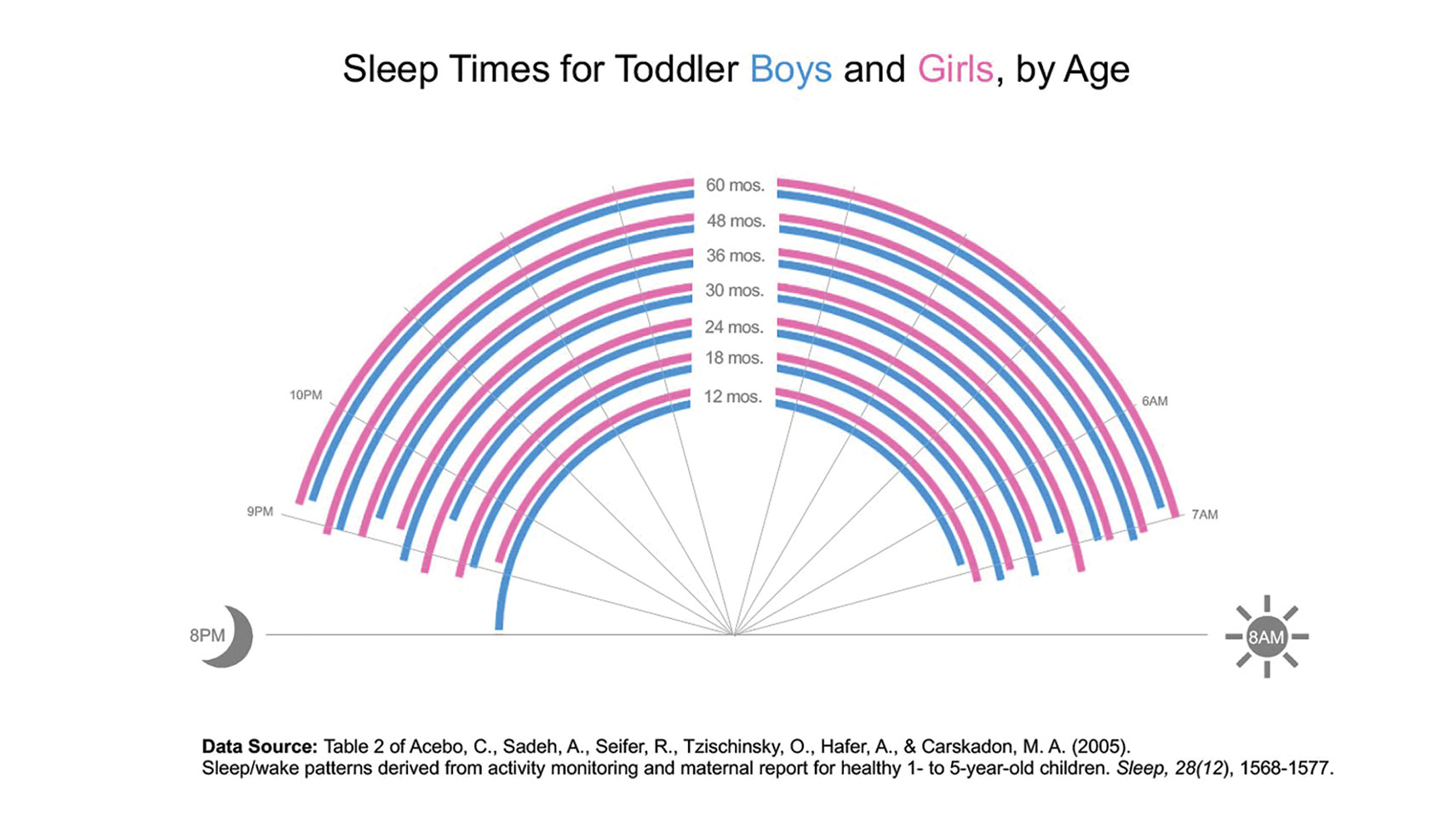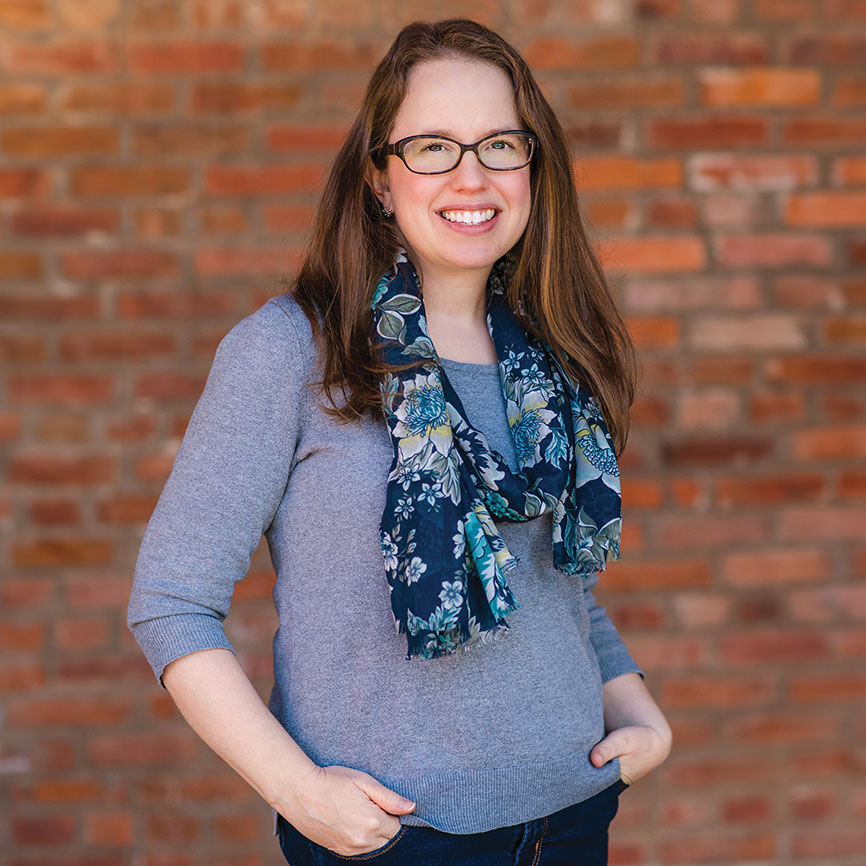On Her Soapbox
Lori Palen ’01 turns data into action through clear communication
October 7, 2024
By
Claire De Lisle M.B.A. ’21

Lori Palen ’01 is on a mission to communicate research results in a way that people who aren’t experts can understand.
“It’s the only way for research to make a difference. If we don’t communicate it to the people who can use it to do good in the world, it’s useless,” she says.
In 2021, she founded Data Soapbox in Cary, North Carolina. She helps clients, mostly in the sphere of public health, turn their research into documents, presentations and graphs so that others can turn these findings into action. Clients include universities, nonprofits and small businesses.

“It doesn’t matter how perfectly designed your study was, how many people you recruited, how fancy your statistics are. If you can’t get it out to policymakers, practitioners, parents, police officers, educators — the people who will implement it on the ground — the study is a waste of money,” she says. “Other parts of the study are so carefully planned and executed — until you have to write about it. That’s where I can step in.”
Her work uses a mix of marketing, graphic design, research and public health skills, areas she first explored as a student at William & Mary. Palen’s research capstone and honors thesis as a psychology major gave her a strong foundation in both conducting and communicating social sciences research. She also took on a marketing minor and was inspired by Lisa Szykman, associate professor of business administration, whose consumer behavior class made a significant impression.
“One of the big ideas that I use all the time is thinking about the audience,” she says. “In marketing, you ask, ‘Who is the customer and what are you trying to get them to do?’ In social science, that becomes, ‘Do you want decision-makers to change a policy? Do you want parents to do something different with their kids?’ But scientists don’t go in thinking that way; they often want to write about everything. I help them choose what’s going to spur that action.”
Palen first wanted to be a therapist, but by her junior year she began to feel that wasn’t the right path. Eventually, she determined she could make a bigger difference by focusing on preventing mental health issues instead of treating them after they manifested. So, she continued her education after W&M with a doctorate in human development and family studies at Penn State, focusing on how teenagers develop their identities through extracurriculars and how to help them avoid risky behaviors.
While she enjoyed exploring the research questions, she didn’t always feel like she fit in. When she sat listening in graduate school colloquia, she would have trouble staying focused on what the speakers were saying. As a first-generation college student, she thought perhaps the other students all came from families of Ph.D.s and had some kind of secret understanding of academic language that she didn’t.
During her final year, she went to a workshop with the famed statistician and professor Edward Tufte. He talked about data visualization and clear, concise communication, and suddenly she realized, “It’s not just me! I think these presentations are terrible because they are objectively terrible at conveying information.” Her mission to improve scientific communication solidified.
Palen began a 12-year career at RTI International as an evaluation researcher, assessing whether initiatives such as federally funded teen pregnancy prevention or drug abuse programs were effective. While the work was interesting and meaningful, she felt as if she was constantly standing on her soapbox suggesting how others could share their results more effectively — hence the name of her company, Data Soapbox.
“I went to this research presentation, and it was very complicated,” she says. “At the end, someone commented, not sarcastically, ‘I know that must have been a great presentation, because I didn’t understand a word of it.’ It is like that children’s story, ‘The Emperor’s New Clothes.’ We are all pretending we understand these badly communicated studies, and everyone’s afraid to say that the emperor is naked!”

Palen realized that she wanted to transition from doing all parts of the research process to focusing exclusively on communicating research results. Not finding a job opportunity that matched what she wanted, she decided to create it herself. She went back to school at her local community college for a certificate in graphic design. She and her husband discussed it, and she asked him to give her two years to try it. After that, they’d evaluate if the business could continue.
Thankfully, on opening day, she gained her first client, and many more followed.
She is grateful for the support of her husband in creating this venture and she acknowledges the privilege that allowed her to start her own business during a pandemic, while also parenting two school-aged children, one with special needs.
She’s also appreciative of the twists and turns her career has taken.
“I wish someone had told me, ‘Don’t put too much pressure on yourself to pick the one right job for you, right out of school,’” she says. “We’re constantly growing and changing. To expect you are going to want to do the same job at 21 that you want to do at retirement isn’t realistic. You could do a job that doesn’t even exist right now.
“As the saying goes, be brave enough to suck at something new.”
William & Mary’s Data initiative, part of Vision 2026, aims for all graduates to be data fluent — able to combine quantitative and qualitative expertise with human understanding to design innovative solutions to pressing challenges. Read more about the Data initiative.